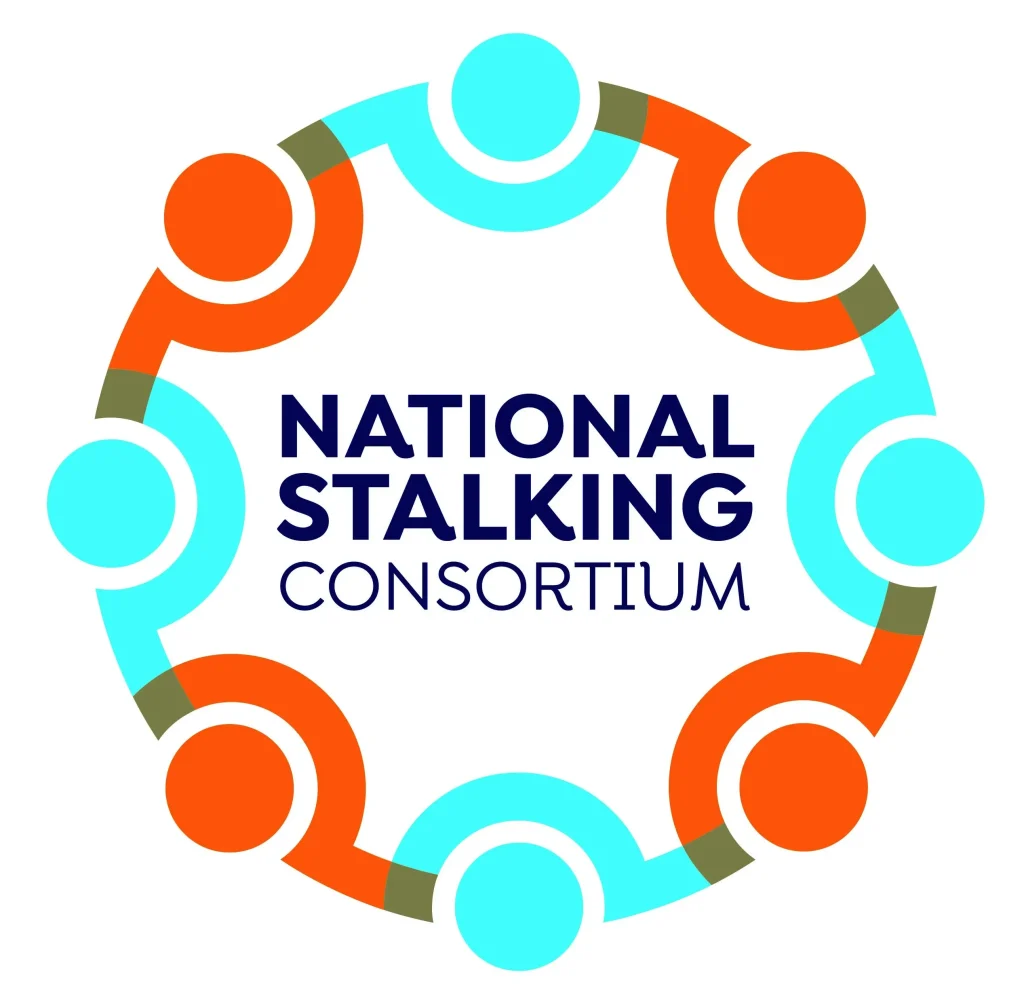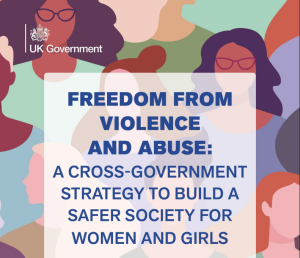The Alice Ruggles Trust is one of 21 charities and partners who, as members of the National Stalking Consortium, are signatories to a “Super Complaint” on the police response to stalking that was registered on 25 November 2022, the tenth anniversary of the day when stalking first became a criminal offence in England and Wales.
The purpose of a Super Complaint is to raise concerns that will be considered and investigated by His Majesty’s Inspectorate of Constabulary and Fire & Rescue Services (HMICFRS), the College of Policing, and the IOPC. See information about the police super-complaints system here.
Concerns
Among the concerns raised by the Consortium are:
- Only 5% of reports of stalking to the police in the year ending March 2022 resulted in a charge by the Crown Prosecution Service (CPS). This percentage has actually been decreasing in recent years (see graph).
- In too many cases there is a failure to identify a course of conduct that constitutes stalking.
- In too many cases there is a failure to investigate the crime appropriately, including erroneously dropping cases due to a perceived lack of evidence.
- Stalking Protection Orders (SPOs), designed to protect victims while evidence is collated for a prosecution, are often not being put in place by officers.
- Breaches of SPOs are too often not being followed up promptly and properly, resulting in increased danger to many victims.
The Consortium has put forward several recommendations to implement systemic change to improve the police response to stalking, including:
- The College of Policing should mandate that all officers that deal with cases of stalking complete training by a specialist stalking training provider, in order to adequately identify, investigate and risk assess cases of stalking.
- Police should work with the Crown Prosecution Service, Home Office, Ministry of Justice and National Probation Service to implement a unified recording system which allows one to follow the journey of a victim through the criminal justice system, and track attrition rates from reporting stage through to conviction, including sentencing.
- Police forces should consider investment in improving digital evidence retrieval for cyberstalking (e.g., in cases of online spyware and hacking).
- SPOs should be applied for at the earliest opportunity that best protects the victim—a maximum of 4 weeks between recognising the need for an SPO and its application; meanwhile an interim SPO should be put in place within 48 hours of a report by a victim or the arrest of perpetrator, with the victim’s consent.
- Police should treat 2 or more breaches of any order (including a Stalking Protection Order, Restraining Order, Non-Molestation Order or bail conditions) as a separate offence of stalking as set out in the CPS Guidance.
- Any statutory guidance on the police response to stalking (including guidance on the identification and investigation of stalking) should be developed in consultation with experts from the National Stalking Consortium.
For more information see here and to view the super-complaint itself, see here.
Our five point plan
The Alice Ruggles Trust does not seek to blame the police for failings but rather to work with the police and other agencies to learn lessons. We need stalking cases to be recognised for what they are rather than being passed off as lesser crimes, and we need them responded to appropriately. But we need to work together to bring about sustainable change.
We have identified five points of action:
- Better “joining of the dots” (better recognition of cases);
- Better criminal justice response (in dealing with cases);
- Better multi-agency working (to identify and manage the risk);
- Better public awareness of stalking (so that victims become known to professional services sooner); and
- More specialist staking advocates (ISACs).
The first two points raise training issues particularly for the police, but also for prosecutors and the judiciary; the third is essential because a criminal justice response is not generally adequate in itself and does not address risks going forward.
Our Trust is particularly focused on raising public awareness (see our resources pages), and we are actively campaigning for government funding to sustain specialist stalking advocates (ISACs) across the country—see here. ISACs play a critical role in supporting the victim’s safety and wellbeing, as they are trained to help, support, advise and advocate for stalking victims as well as to liaise with the necessary range of professional services.




